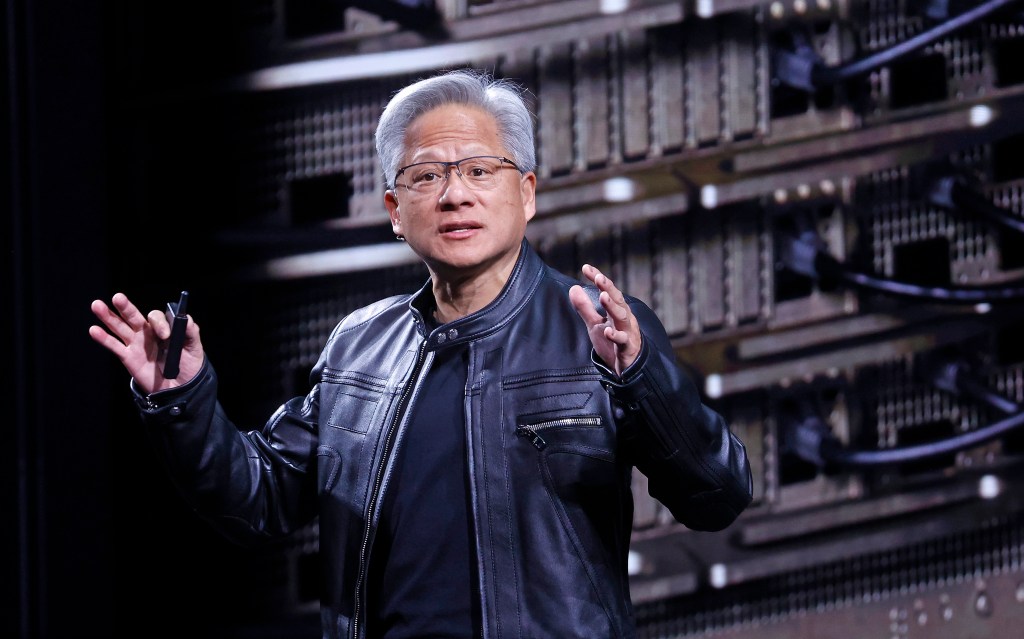In an era where artificial intelligence (AI) is both a tool and a target in cybersecurity, OpenAI has taken a significant step by investing in Adaptive Security, a New York-based startup specializing in AI-driven defense mechanisms. This $43 million Series A funding round, co-led by OpenAI’s startup fund and Andreessen Horowitz, marks OpenAI’s inaugural foray into the cybersecurity investment landscape.
The Rise of AI-Enhanced Cyber Threats
The advent of generative AI has revolutionized various sectors, including cybersecurity. While AI offers advanced tools for defense, it also equips malicious actors with sophisticated means to execute attacks. Techniques such as deepfaking—a method where AI generates realistic but fake images, videos, or audio—have been employed to impersonate individuals, leading to significant security breaches. For instance, in 2022, the gaming company Axie Infinity suffered a loss exceeding $600 million due to a social engineering attack involving a fake job offer.
Adaptive Security’s Proactive Approach
Founded in 2023 by seasoned entrepreneur Brian Long, Adaptive Security addresses these emerging threats by simulating AI-generated attacks to train employees in recognizing and mitigating them. The platform emulates various forms of social engineering tactics, including:
– Voice Spoofing: Employees might receive a call that appears to be from a senior executive, requesting sensitive information. Adaptive Security’s system generates such scenarios to test and train staff responses.
– Phishing Emails and Texts: The platform sends realistic but fake emails and messages to employees, assessing their ability to identify and avoid potential threats.
By exposing employees to these controlled simulations, Adaptive Security evaluates organizational vulnerabilities and enhances overall resilience against real-world attacks.
OpenAI’s Strategic Investment
OpenAI’s decision to invest in Adaptive Security underscores its commitment to bolstering defenses against AI-facilitated cyber threats. This partnership aims to leverage Adaptive Security’s innovative training methodologies to create a more secure digital environment.
The Broader Context of AI in Cybersecurity
The investment in Adaptive Security is part of a larger trend where AI is increasingly integrated into cybersecurity strategies. Other notable developments include:
– Cyberhaven’s Funding: Cyberhaven secured $100 million at a $1 billion valuation to prevent sensitive information from being input into AI tools like ChatGPT.
– Snyk’s Growth: Snyk reported an annual recurring revenue exceeding $300 million, attributing part of its success to addressing vulnerabilities in AI-generated code.
– GetReal’s Initiative: The deepfake detection startup GetReal raised $17.5 million to develop technologies that identify and counteract AI-generated media manipulations.
Looking Ahead
As AI continues to evolve, so do the tactics employed by cyber adversaries. Investments like OpenAI’s in Adaptive Security signify a proactive approach to staying ahead of potential threats. By focusing on training and preparedness, organizations can better equip themselves to handle the complexities of modern cyber attacks.
In conclusion, OpenAI’s investment in Adaptive Security represents a strategic move to enhance cybersecurity measures in the face of advancing AI technologies. This collaboration aims to fortify defenses against sophisticated cyber threats, ensuring a safer digital landscape for all.



